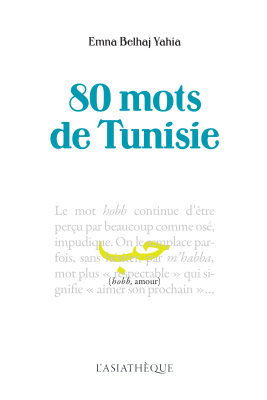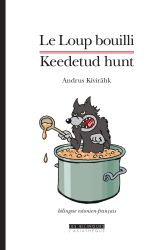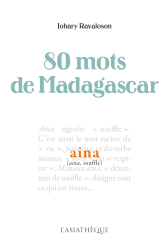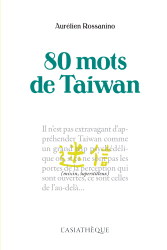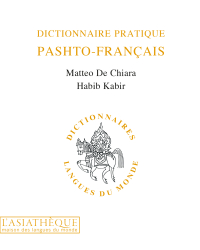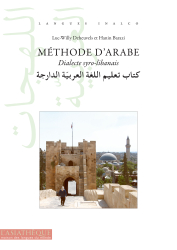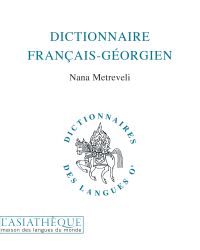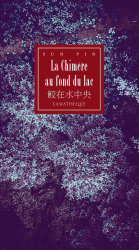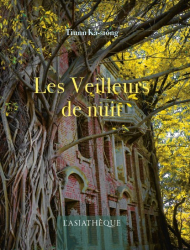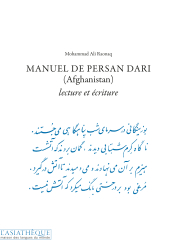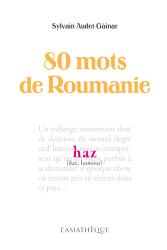80 words which set a collection of stories about Tunisia. As well as analysing the words themselves and their resonance in the hearts of the men and women who use them, they evoke the author's special bond with her native land.
What is striking about 80 mots de Tunisie is Emme Belhaj Yahia's great culture and in-depth knowledge of the French language. With great finesse and tenderness, she evokes the charm of the life she once knew as part of a traditional family, but she is also able to set out with clear-sightedness the difficulties facing her country today. Her years as a teacher, the scientific responsibilities she has assumed and the action she has taken on behalf of women mean that the words she has chosen - which tell us a great deal about the dialectal Arabic of Tunisia - cover a wide field of exploration.
PRESS REVIEW
“ ... The miracle is that in just two short pages, she manages to suggest a kaleidoscopic panorama of present-day Tunisia, an 'intimate X-ray of Tunisian society', as its preface writer Frédéric Bobin, Le Monde's correspondent in Tunis, puts it. ...”
Using words and expressions typical of her country's language, Emna Belhaj Yahia examines the present and its contradictions (...)
(...) Through the 80 words exercise, Emna Belhaj Yahia provides the keys to understanding. She makes you want to meet the country. (...)
(...) Part philologist, part historian, sometimes tempted by sociology or psychoanalysis, willingly yielding to the temptation of autobiography, Emna Belhaj Yahia has many angles of attack, with a certain predilection for narrative and pictorial construction, both of which play on light and shade, on oppositions (never clear-cut) between sacred and profane, evolution and sclerosis, East and West...
In his Maghreb Orient Express program on TV5 Monde, Mohamed Kaci invites: the duo Mauvais Œil; philosopher and essayist Emna Belhaj Yahia for 80 mots de Tunisie (éditions L'Asiathèque); anthropologist Jean-Loïc Le Quellec for Nos ancêtres les pharaons. Cinq siècles d'illusions sur l'Égypte ancienne (éditions du Détour).
In a delightful little book, philosopher and novelist Emna Belhaj Yahia tells the story of her Tunisia in 80 words.
This is a very carefully written, enjoyable book that introduces readers to the rich and diverse Tunisian world and way of life.
CONTRIBUTORS' BIOGRAPHIES
Emna Belhaj Yahia

Emna Belhaj Yahia is a Tunisian author holding a degree in philosophy from the Faculty of Letters in Paris. She taught philosophy in Tunisia before becoming scientific director of the Tunisian Academy of Sciences, Letters and Arts. She has been active in a feminist group and the Tunisian Human Rights League. She has devoted herself to writing and novels since the early 90s. The 2011 revolution, but also, in the years that followed, the rise of conservative religious parties and the questioning by these parties of certain freedoms acquired by women, led her to a reflection that she formalized in particular in the book Tunisie, questions à mon pays (Éditions de l'Aube, Paris, 2014). She is also interested in the status of the French language among Maghrebi women novelists.
Her publications include L'Étage invisible (Joëlle Losfeld, Paris, 1997), Tasharej (Balland, Paris, 2000), Jeux de rubans (Elyzad, Tunis, 2011; Prix Comar d'or 2012), En pays assoiffé (Éditions Des femmes, Paris, 2021).
Photo: © Moncef Belhaj Yahia
Frédéric Bobin

Frédéric Bobin is a journalist at Le Monde, responsible for the North Africa section. He was the daily's correspondent in Tunisia (2015-2019) after being posted to China (1998-2004) and then India (2008-2014). He is the author of three books on China: Pékin en mouvement co-signed with Wang Zhe (Autrement, 2005), Good bye Mao ? (La Martinière, 2006) and Voyage au centre de la Chine (Philippe Picquier, 2008).
